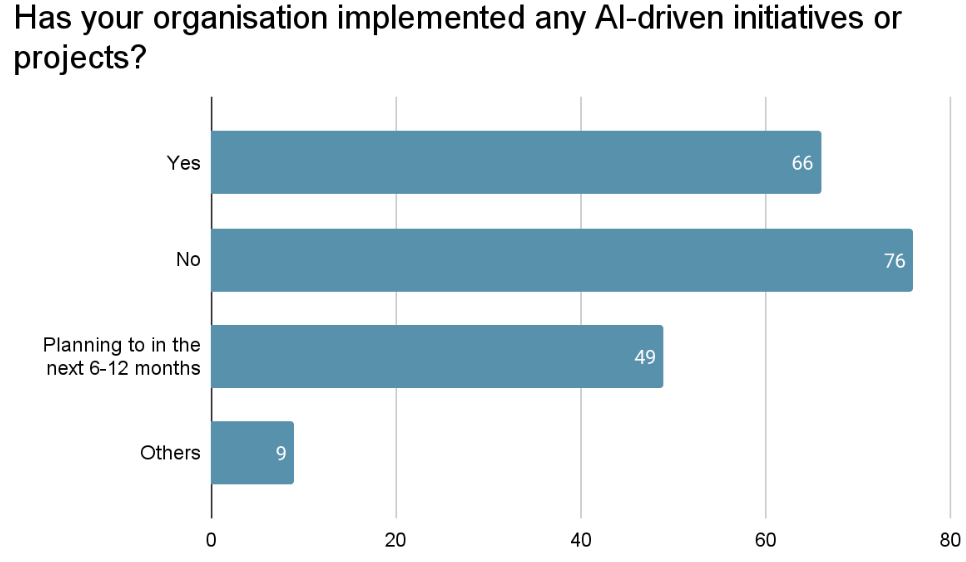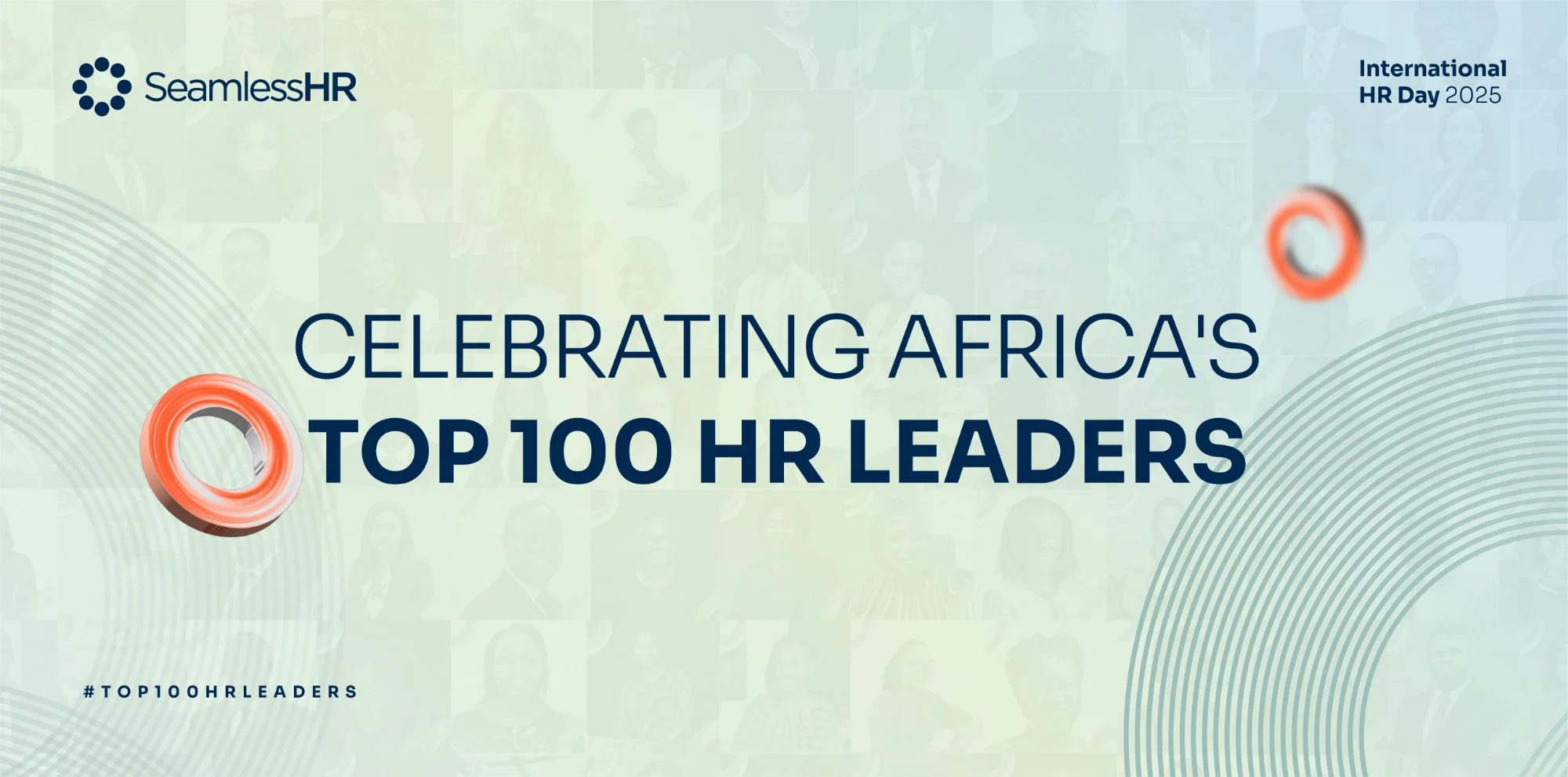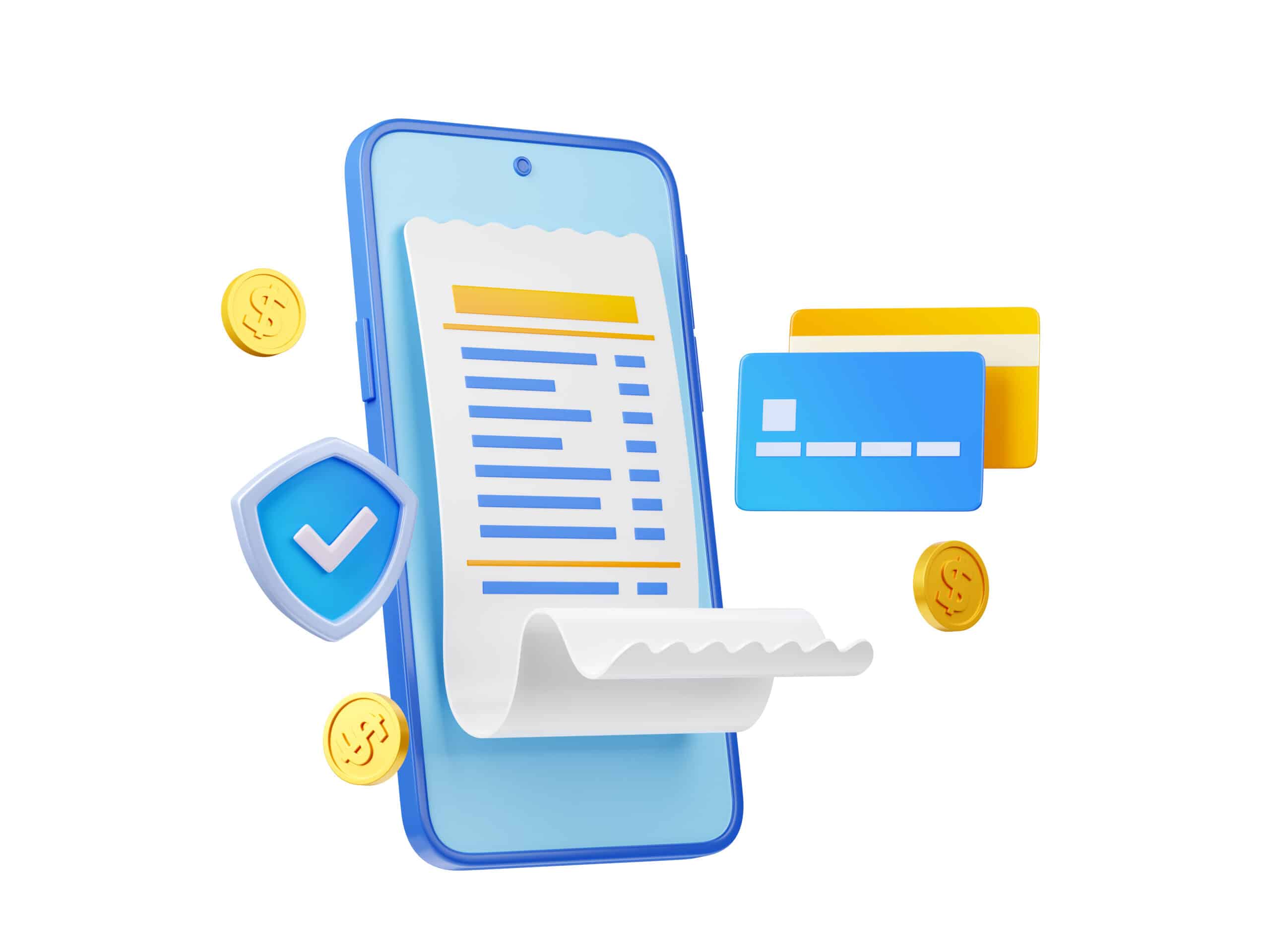AI is not only changing the world as we know it but also the business landscape, to a large degree. As it evolves, it will undoubtedly drive innovation, impacting how businesses operate and how they can deliver value to their all stakeholders. But before going into why you need AI, here’s a quick rundown of what AI is and why AI is for African businesses
Artificial intelligence – or AI – is a broad term that refers to computer systems that can perform functions normally associated with the human brain such as learning, analysing, reasoning, generating content and interacting with the world.
Simply put, AI systems are designed to analyse vast amounts of data, learn from patterns and experiences, and make informed decisions or predictions. This system encompasses Machine learning, natural language processing, computer vision, and robotics.
AI in Africa: Current State and Scepticism
Africa currently lags in implementing AI into various sectors and leveraging the possibilities of the technology to improve lives.

In 2021 the Lloyd’s Register Foundation ran a survey with 125,000 individuals across 121 countries to assess the view of people on the potential of AI to improve their lives. When results came in, the four regions in the world most sceptical of AI were Central and Western Africa, Southern Africa, Northern Africa, and Eastern Africa, in that order.
The general fear from critics is that the technology could ultimately become uncontrollable and far surpass human capacities – heralding a dystopian future of mass job losses and societal collapse. Another criticism is also that the present AI models cannot provide relevant solutions to ‘African problems’.
AI for African Businesses: Addressing Criticisms and Challenges
While both criticisms have merit to them one must understand that while some jobs will be lost due to the implementation of AI, there will also be other job openings in training the model to fit the user case.
Also, although there is a lack of open data ecosystems and local-level quality data to feed into AI models for truly local solutions, inadequate connectivity and infrastructure, and low levels of digital skills and literacy, this can be solved by increasing internet connectivity across the continent and literacy levels where Africans can contribute to the models and reap its vast benefits.
Amidst the scepticism, Africa’s growing tech ecosystem is increasingly shifting to AI. Countries like Nigeria, Kenya and South Africa are developing AI strategies and implementing data protection laws and ethical guidelines, which serve as building blocks for the development of an AI ecosystem.
For instance, a task force on blockchain and AI was formed by the Kenyan government to provide recommendations on how to harness AI effectively. In Nigeria, the formation of a national AI committee is already underway, while in South Africa the Presidential Commission on the Fourth Industrial Revolution was formed to create relevant policies around AI and other technologies.
AI for African Businesses in the Business Landscape
In the African business landscape, more and more businesses are adopting AI technologies. In a 2024 Survey conducted by Seamless HR 35% of business leaders affirmed that they have implemented AI technologies in their businesses with another 26% planning to implement it in the next 6-12 months.

According to a PWC report, AI is expected to contribute an astounding $15.7 trillion to the global GDP by 2030, of which $6.6 trillion will come from higher productivity and $9.1 trillion from consumption. $1.2 trillion of this could be generated in Africa, representing a 5.6 % increase in the continent’s gross domestic product. This is very significant and it is important for any business leader in Africa looking to scale and ensure longevity to tap into the possibilities of AI. AI has the power to drastically alter how companies run, spur innovation, and enhance the lives of millions of people throughout the continent.
As a business leader/decision maker, AI is here to stay and is now an integral component of many businesses. To be able to compete globally, you must leverage AI-powered solutions into your business in one way or the other. Book a demo to speak with us on how to start implementing AI in your business.






